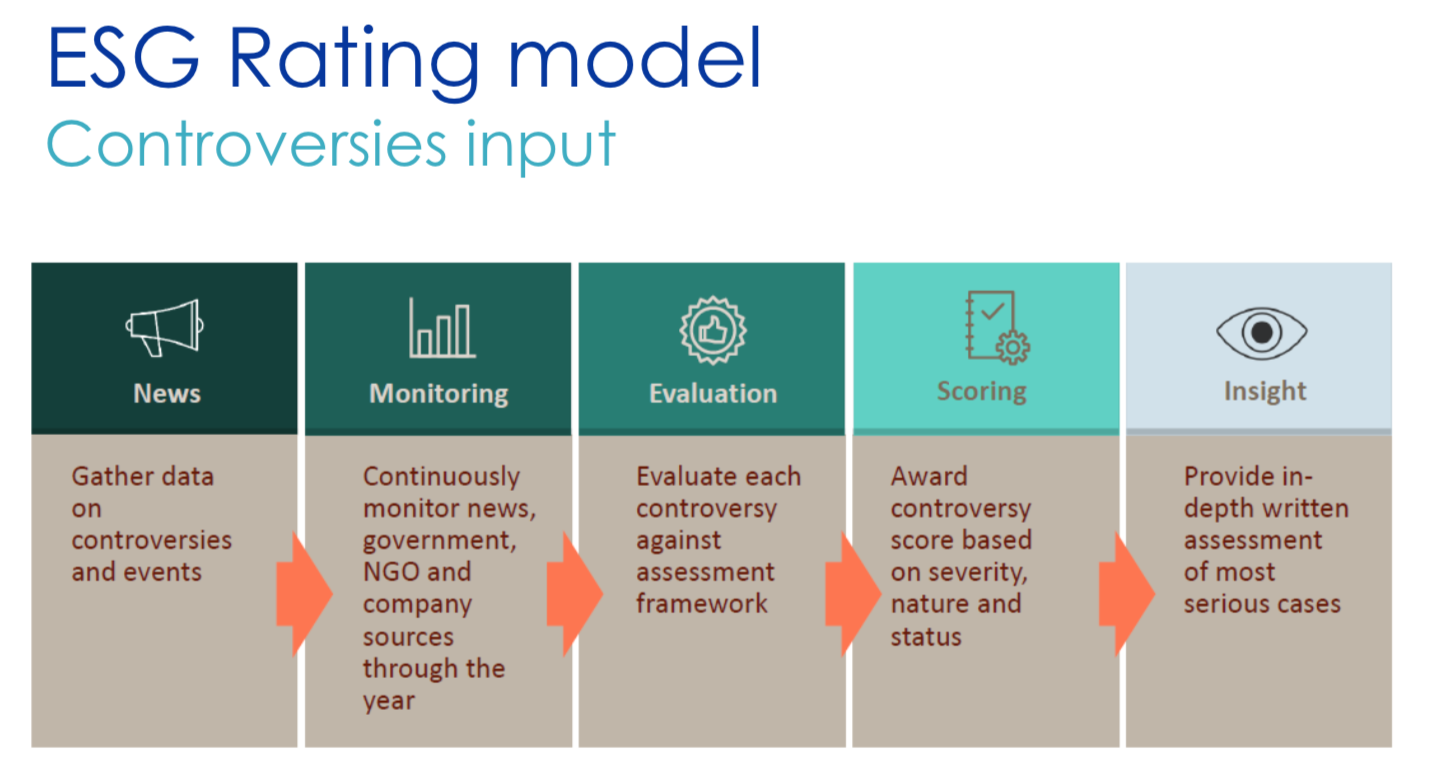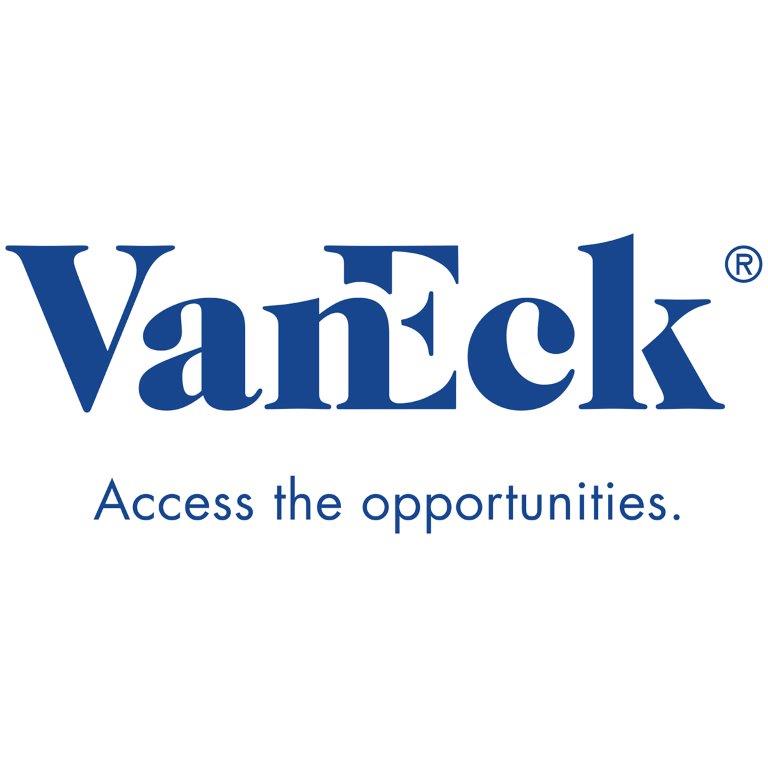This is the second piece in our series on the rise and rise of ESG ETFs.
VanEck is upping the ante on ESG investing, but what will value investors think?
Environmental and social governance investing has had a lot of mud slung its way. It's underperforming, it's political, it's ineffective, it's for millennials - all kinds of charges have been leveled.
But one of the more lasting criticisms has been that it's incompatible with value investing.
Value investors, like Warren Buffet, pick the losers of the beauty pageant. They aim to buy companies that are undervalued, often because they've been hit with scandals. Buffet's purchase of Goldman Sachs for $115 per share while it was disgraced by the 2008 financial crisis (now worth $267 per share) is a good example.
Why do critics claim value and ESG investing don't mix? A number of reasons. For one, value investors like fixed capital. They tend to like companies with assets you can kick, oil refineries, car factories, etc., which tend to have higher carbon footprints.
For two, they tend to like sin stocks - tobacco, alcohol, gambling and weapons - as their ugliness can put other investors off. But for three, they can also like scandal-hit companies, as scandals can create buying opportunities.
All this can put them at odds with ESG investors, who dislike high carbon footprints, are less convinced on sin stocks and prefer to avoid scandal ridden companies. So how can ESG funds win value investors over?
"You can be a value investor and integrate ESG at the same time," says Arian Neiron, managing director and Head of Asia Pacific at VanEck.
"Many active managers with a value bias do so. Value investors determine that a security is trading at a discount of the market price to the intrinsic value. They are independent to each other. ESG factors are integral to assessing the quality of a company and thus are a vital part of the investment process".
VanEck is the latest issuer to enter Australia's fast-growing ESG ETF market. It enters with a new offering: the VanEck Vectors MSCI International Sustainable Equity ETF (ESGI), which gives serious teeth to its ESG screen.
The new fund tracks an index with the longest name this writer has ever seen: the MSCI World ex Australia ex Fossil Fuel Select SRI Low Carbon Capped Index.
The index starts by excluding fossil fuel companies and companies with higher carbon footprints. It then screens out companies in porn, weapons, gambling, alcohol, GMO and tobacco. So far so common for ESG funds, but what makes ESGI different is what it does next.
ESGI then rates companies on a constellation of ESG issues, including: labour standards, supply chain management, animal cruelty, opportunity for women, electronic waste, use of renewable energy - and much more. It takes these criteria seriously in its stock selection and companies with bad records - i.e. of union busting, or whatever else - are removed from the index.

The end result is a fund that looks very different from other ethical funds. Where other ethical ETFs end up holding big chunks of Facebook, Amazon, Apple, Netflix, Google, in ESGI none of them are there.
While this certainly makes for a fearsome ESG screen, one might be inclined to think it's at odds with a value approach. But Mr Neiron disagrees.
"Warren Buffett's company is investing in low carbon energy specifically solar and wind energy projects. You can still be a value investor." he says.
"Just because a company is cheap doesn't mean it's unethical or that it doesn't incorporate a best practice ESG skill set. Furthermore, just because a company is expensive doesn't make it an ESG leader. So some of the FAANGs are some of the most expensive stocks going but not many investors and researchers would consider them to be industry ESG leaders."
Asked who the target market for the new fund was, Mr Neiron said that it included big asset managers, rich Australians and superannuation funds - not just millennials.
"Sustainable investing is becoming more mainstream. Australian Institutional investors have been integrating ESG into their investment policy for many years. These are the largest investors in the country. This is where the lion's share of the money is which makes the greatest impact.
"On the other side of the spectrum are SMSFs and in our experience, they are advocating the importance of not just financial but social returns. Our observations are that SMSF investors represent that financial returns are naturally important but they do want to invest with a social conscience. A clear, credible and comprehensive option has not been widely available."
ESGI is the fifth ESG ETF to be listed on the Australian Stock Exchange. Other funds include FAIR and ETHI by BetaShares, which eliminate miners and the banks; UBW by UBS which excludes tobacco and weapons; RARI by Russell which excludes tobacco, alcohol, gambling, porn and weapons.



